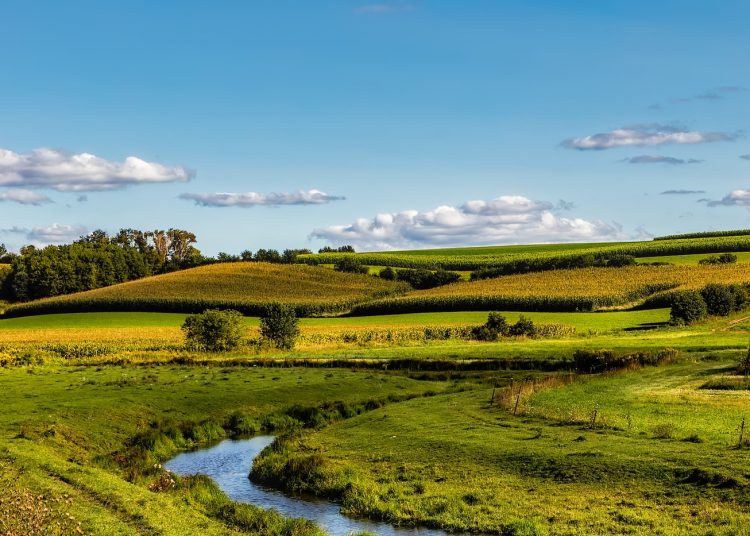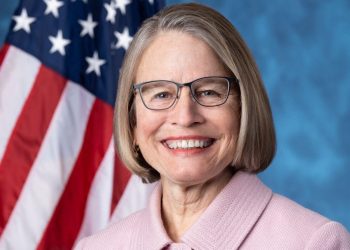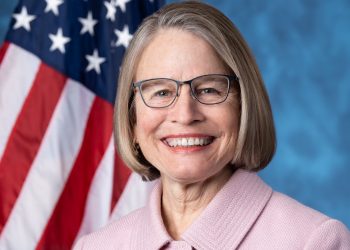In a time of deep partisanship, clean water should be an obvious policy area where lawmakers can collaborate. It is crucial to the lifeblood of our country and ensuring its accessibility is critical to protecting American families.
Clean water is a national priority and clean water protections are not contrary to economic development. These efforts don’t have to punish those who live, work, and play throughout rural America.
In April, I introduced a resolution to prioritize clean water and uphold the 2020 Navigable Waters Protection Rule (NWPR). This rule revised the definition of Waters of the United States (WOTUS), which had been previously defined in 2015.
The 2015 WOTUS Rule significantly expanded the definition of WOTUS and gave the federal government authority to regulate almost any water, including streams, ditches, ponds, and creeks. The NWPR revised the definition of WOTUS and reversed this overreach, bringing back a balance between federal and state jurisdiction under the Clean Water Act.
Iowa farmers, homebuilders, and landowners are committed to protecting public waterways and lands. The notion of reopening the NWPR and allowing for an unprecedented government power grab of private land has been met with bipartisan opposition in both the House and Senate.
During his confirmation hearing, Environmental Protection Agency (EPA) Administrator Michael Regan stated that the Biden Administration “(Doesn’t) have any intention of going back to the original Obama WOTUS”, failing to note that they legally cannot return to the 2015 rule.
Unfortunately, the EPA recently announced its intent to once again revise the definition of waters of the United States and reopen the NWPR.
The 2015 WOTUS Rule gave unprecedented power to government bureaucrats to control private land and water across the United States at the expense of rural Americans, farmers, homebuilders, and small business owners. The NWPR clarified the EPA’s role in protecting navigable waters, providing more certainty for rural Americans who were subjected to vast government overreach through the original WOTUS ruling.
As a representative of one of the largest agricultural districts in the United States, I know that Iowa small business owners, farmers, homebuilders, and ranchers are concerned about government overreach and overregulation. Local communities and rural America are more than capable of making decisions regarding how to best use their land and water. Rural America is dedicated to clean water and a healthy environment; it is time to uphold the tools that allow them to do it.














